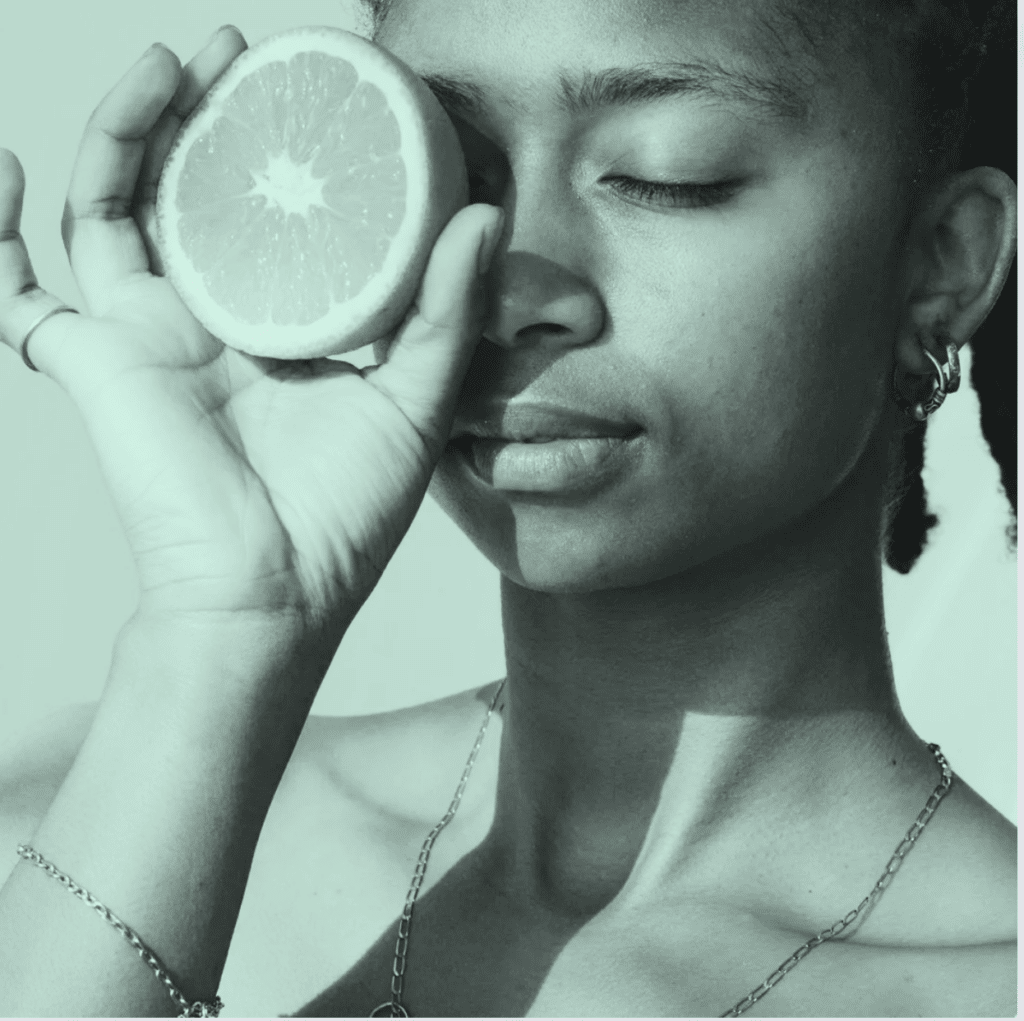Longevity Decoded: Reverse Your Biological Age

Unlocking the Secrets to Biological Age
I was able to reverse my biological age by almost 16 years, and it keeps going down. In fact, every single part of me is acting—at least cellularly—at a younger age.
Things that were not “supposed” to happen at my age, like my Anti-Müllerian hormone levels rising, happened.
I’m not the only one who has been able to do this.
Aging is inevitable, but what if you could slow it down? The way we age is not solely determined by our birth year. Instead, our biological age—the true measure of how old we are on a cellular level—can offer deeper insights into our health and longevity. More importantly, we have the power to change it through lifestyle choices.

